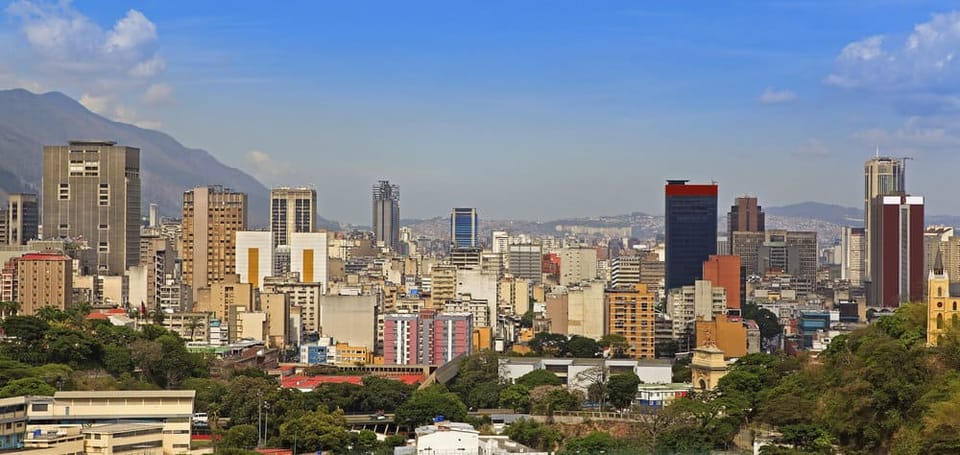Lessons from a Venezuelan Church Planter

I had lunch with a church planter in Venezuela in the early days of planting Liberty Grace Church. Like us, he had experience in planting in a condo community.
I was deeply encouraged by what this church planter told me, and I think of what he said often. Here are the top five lessons I learned from that lunch.

- Distinguish between planting season and harvest season. As a pastor of an established church, I’d largely been living in harvest season, based on the sowing work others had done before me. As a church planter, I’m in planting season. My Venezuelan friend told me that if I forgot that I’m in planting season, I’d get discouraged by the lack of fruit. Don’t expect a harvest when it’s time to plant, he told me.
- Think years, not months. While some church planters see rapid growth, my friend told me it took seven years for him to gain traction. Looking back after those seven years, he could see tremendous progress. In the middle of the seven years, though, it sometimes felt like nothing was happening. Unless you’re reaching the already-reached, we have to think years, not months. (David Fitch says that church planting is a minimum ten-year commitment to a place, and I think he’s right.)
- Don’t expect skeptics to attend the worship service. My planter friend told me that worship services are good for the team, but not as great as an evangelistic strategy. In a secular and skeptical society, he said, we will not see droves of skeptics running to church services. He wasn’t arguing against making our services friendly to outsiders, but he cautioned against seeing them as the connecting point with our community.
- Find connecting points. Canadian Christmas traditions seemed to gain people’s interest in Venezuela. My friend capitalized on those as a way of connecting with as many people as possible. He told me to take advantage of any opportunity to find connecting points with people and use them to build relationships in the community.
- Look for credibility gaps. This planter’s neighbors wondered what he did with his time. When he told them that he was starting a church, he got blank stares. Eventually he took a job and became bivocational, and found that he gained a lot of trust and credibility in the community. His lack of a job (other than church planting) hurt his credibility, and he didn’t even know it. While the issues are different in every community, it’s important to look for the ways that we’re losing credibility, and address them.
I’m convinced that we have lots to learn from church planters who have experienced some of the challenges of planting in harder areas. I’m grateful for the lessons I learned from my Venezuelan church planting friend.






